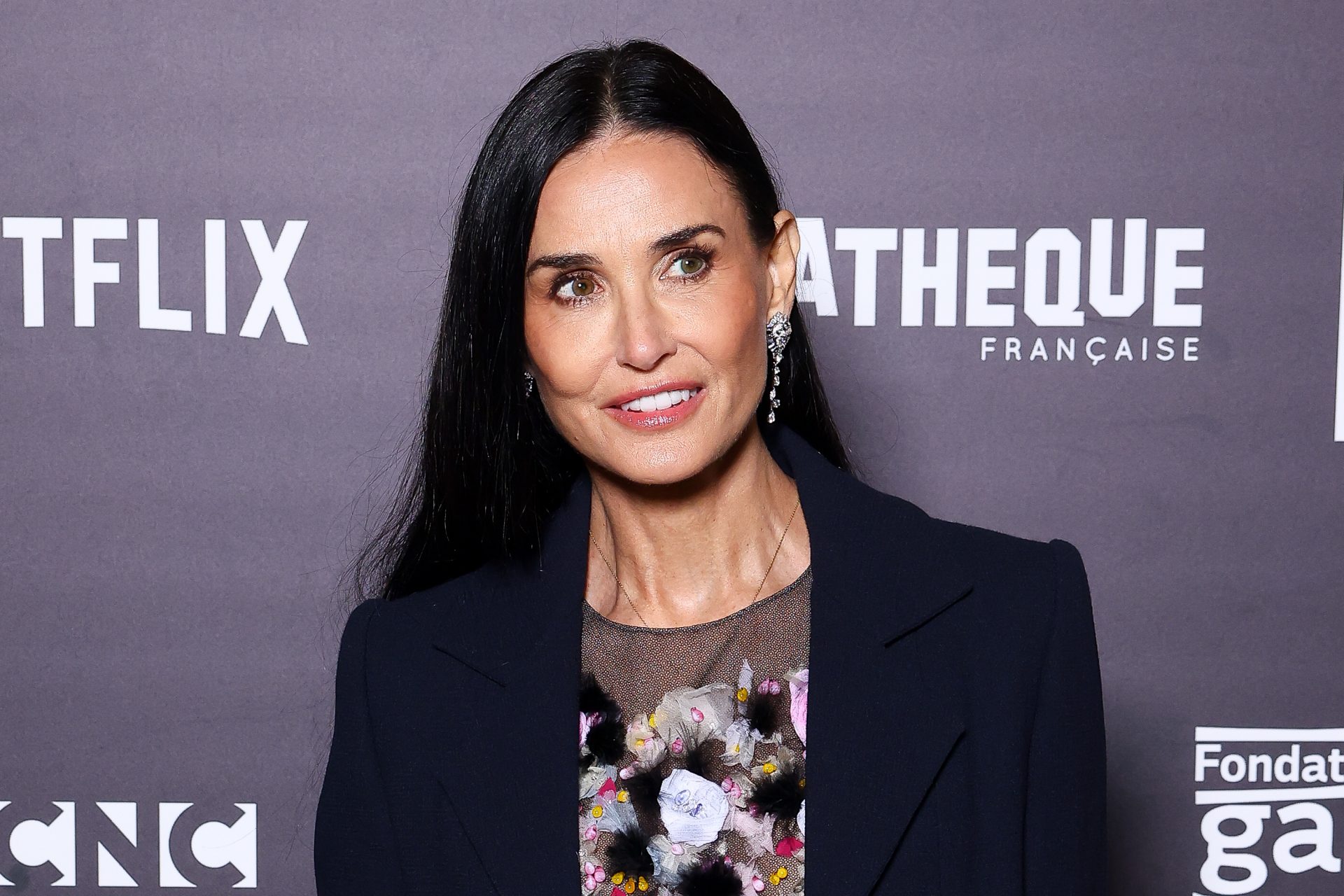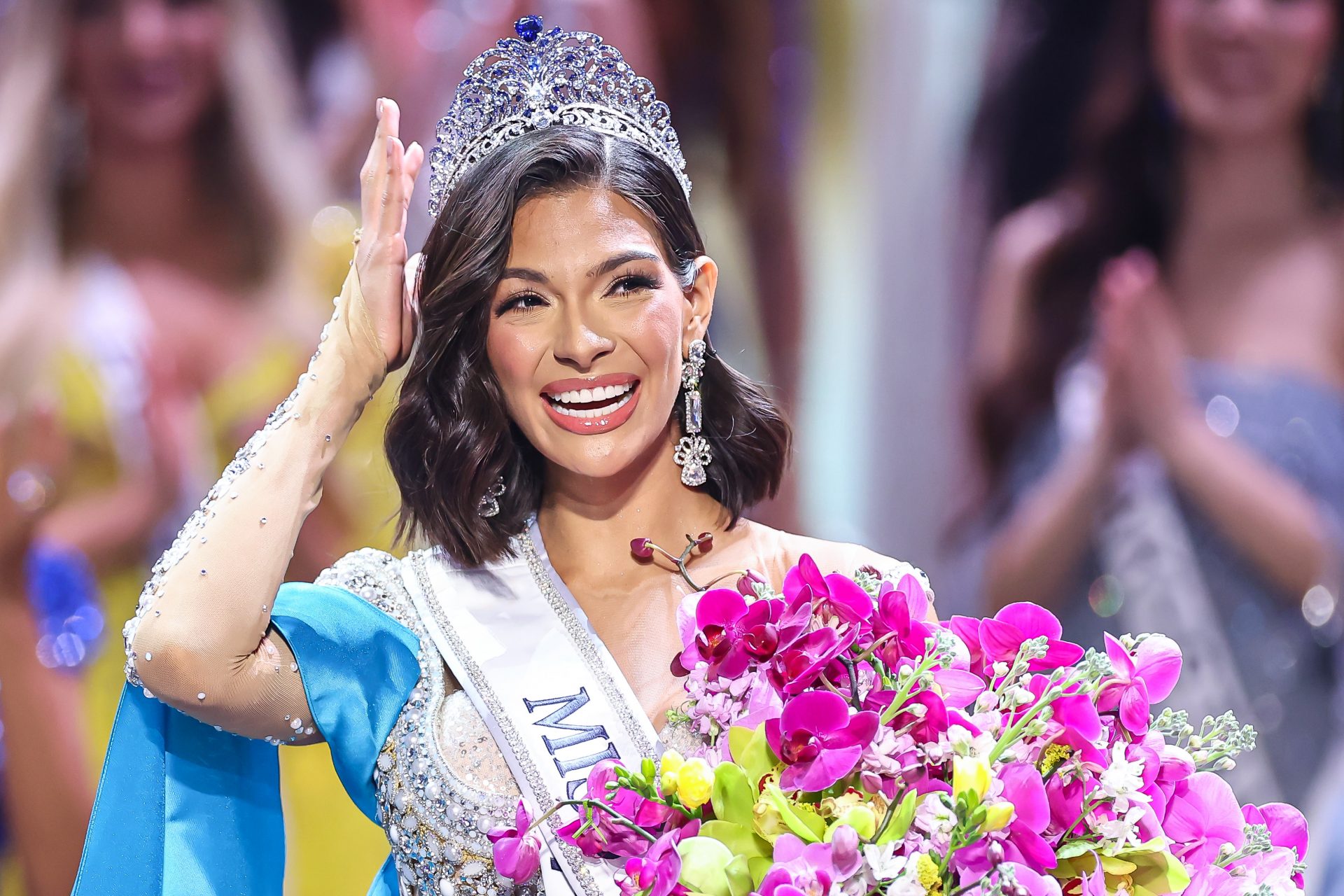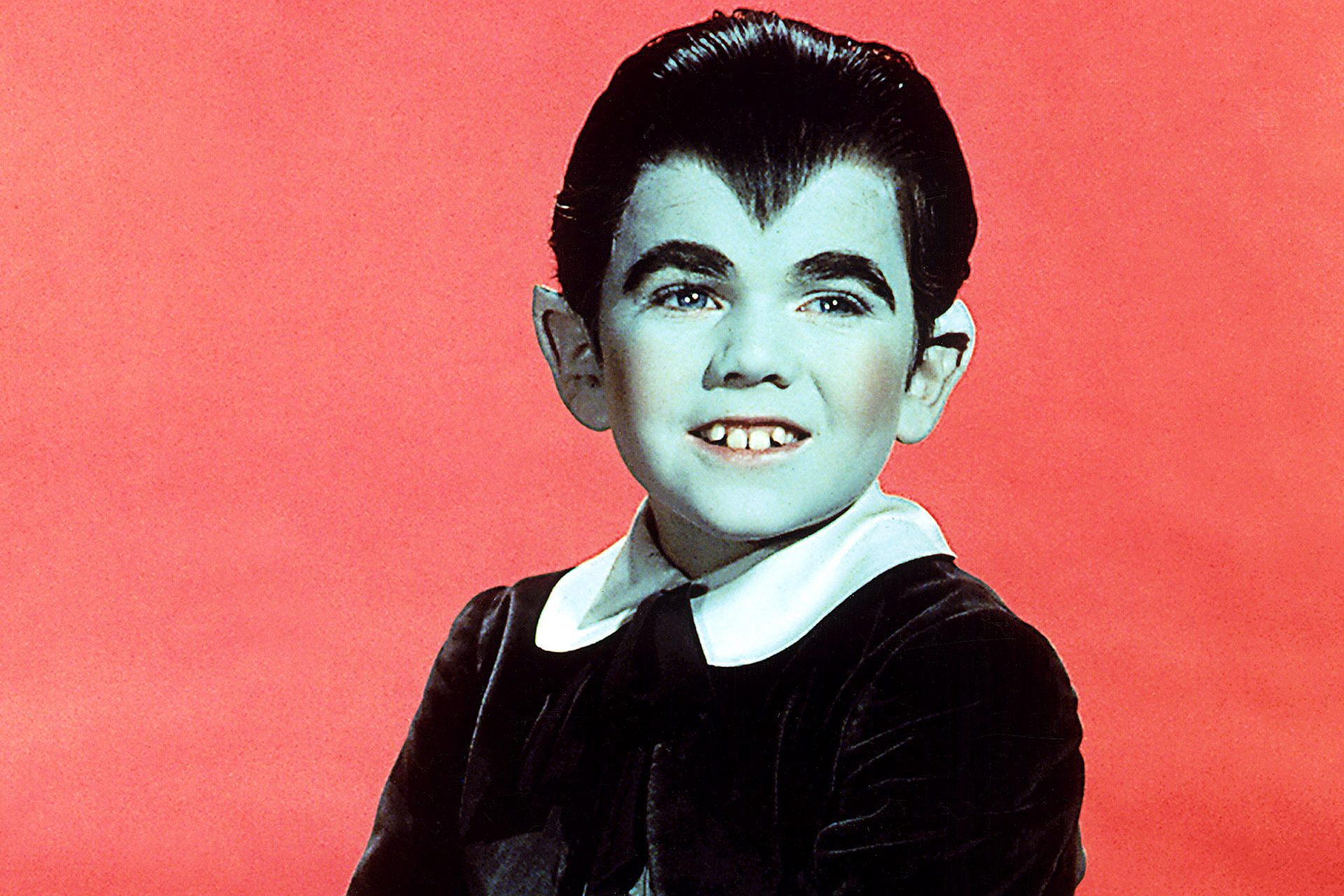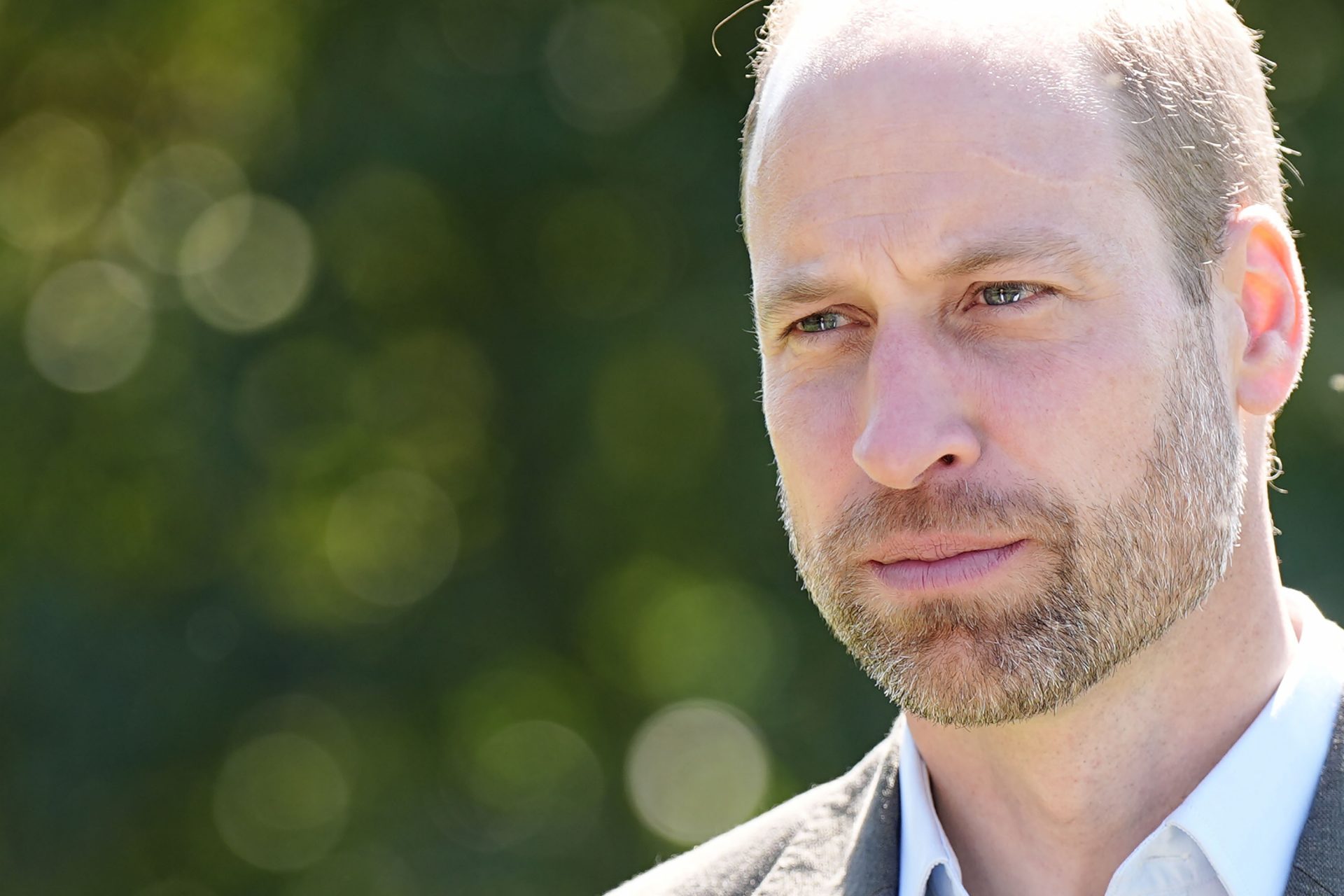Traumatic moments in children's movies and series
With the emergence of Pixar in cinema (by the hand of 'Toy Story') a debate continued that 'The Simpsons' had already instigated in 1989: where is the limit to determine if a cartoon is for children or for adults?
Before 'The Simpsons,' there were quite a few classic children's movies with traumatic moments. Think of 'Labyrinth' (image) for example. But there are many more. Do you remember?
Walt Disney (in the picture) exhibited his most sadistic side in 'Bambi'. Innocence escaped many children with the crisp, hollow sound of a gunshot. Who would have imagined that a sweet animated film for the little ones would include the death of... the mother of the main fawn!
The complicated thing about the scene is that, despite not appearing on camera, it shows something even crueler: Bambi, calling his mother after the shot, without her being able to respond. The scene has traumatized several generations as it is a Disney classic that has stood the test of time very well.
Walt Disney's adaptation of Lewis Carroll is quite explicit. At times, it shows a lot of 'bad trip' psychotropics. Not to mention the topic of chopping people's heads off.
The film contains disturbing scenes, including the oysters and the walrus whose subject matter is too shocking to mention. Disney's Alice (as that of Lewis Carol, the original author of the tale) seems to go on a hallucinatory journey that has frightened several child audiences.
This musical has some of the catchiest songs in the world. In return, it has one of the most traumatic villains in the children's universe.
The Child Hunter is a combination of Gargamel with Witches of Eastwick. Surely, it led to various nightmares for millions of children in the late 60s.
Disney seemed determined to leave a mark on children of all generations and, boy, did they succeed. 'Bedknobs and Broomsticks' used the same formula as 'Mary Poppins', combining magic, music, and a charming protagonist. It was really delightful... until an army of darkness was summoned! The appearance of some kind of zombie in a children's movie surely caused more than one nightmare.
'Raiders of the Lost Ark' was rated for all audiences. However, the scene in which the Nazis open the Ark of the Covenant, releasing certain spirits, does not seem the most appropriate for a little kid. If we add to this that the spirits melt the skin of the Nazis, it's time to turn off the TV and go out.
Interestingly, 'Indiana Jones and the Temple of Doom' (1984) would be the film that would lead the industry to change the age rating system. We know which scene caused it, of course: it's the one where a shaman rips out another person's heart.
In some cases, a simple scene can turn a children's production into something traumatic for millions of children. The movie adaptation of 'The Neverending Story' is a case in point - later we'll explain why.
The adaptation of Michael Ende's masterpiece was superb, to the point of transferring one of the hardest passages of the novel into a scene so explicit that it still hurts. The death of Artax, Atreyu's horse, still resonates in the memory of a generation that lived through the golden age of 1980s cinema.
Atreyu rides Artax through the Swamp of Sadness when he falls into a swamp and is slowly and painfully sucked deeper into it. Atreyu's screams, added to the horse's farewell face, are terrifying. By the way, the rumor that the horse actually died while filming that scene is not true, as Noah Hathaway - the actor of Atreyu - confirmed.
The series of David the Gnome had only one season of 26 episodes. It was a kind, funny cartoon that, however, had an impactful ending that left the hearts of a whole generation frozen.
Photo: BRB International
Despite their 400-year lives, the series coincided with the final cycle of the life of David and Lisa. After freeing Swift, his faithful fox, David takes Lisa's hand and thanks her for the love she has given him. He turns into a bunch of trees. The tears shed by the children who saw this scene could fill an entire ocean.
Photo: BRB International
Tim Burton's strange film gave the world a scene that can disturb a child, adolescent, or even an adult.
We're referring to the moment when the Large Marge, the truck driver who picks up Pee Wee on the motorway, turns into a cartoon and her eyes pop out. The scare is huge because of the unexpectedness and the disgust it can cause. Really, was that a necessary part of the movie?
This capital film of 80s cinema had its traumatic details like almost everything that surrounded Jim Henson. Basically, everything fantastic that comes out in this movie is capable of appearing in the nightmares of children watching it.
Suffice it to say that the story begins with the theft of a baby. How many children would not spend sleepless nights, watching out for the Goblin King to order the kidnapping of their little brothers and sisters?
One of the quintessential love and adventure films of the 1980s, 'The Princess Bride' hides a scene of torture and mistreatment in the style of Guantanamo. It is the moment when Prince Humperdinck takes Wesley to the Pit of Despair.
After torturing him in the worst way, the hero ends up dying. Yes, the protagonist dies, although he is later resurrected in another scene that also seems somewhat heavy for all audiences to see.
Perhaps the biggest Oscar rip-off in history was divine justice for a scene that lies somewhere between shock, surprise, and fear. At the end of 'Who Framed Roger Rabbit?', Judge Doom is run over by a steamroller. It seems he is killed, but then the villain, completely crushed, gets up and reveals that he is actually a 'toon'.
If there was not enough trauma in that scene, Doom ends up dying soaked in the disgusting solvent that is the only way to kill the 'toons', as Doom had himself demonstrated in the middle of the movie.
With a witch involved, anything can happen. However, it is not usual for films to show it so explicitly.
At one point, Bavmorda casts a spell and turns everyone present into pigs. The camera closely follows Madmartigan, showing a transformation that is as explicit as it is difficult for a child to see.
Roald Dahl and his adaptations have done more harm to children than saturated fat. In the case of 'The Witches', the original idea was to create a scary film for children. Considering that this version scares even adults, it's better not to think about what they had in mind with the original idea.
We give a special mention to the convention of witches in which, suddenly, all take off their wigs and appear to be bald. The scene is crowned with Anjelica Huston peeling off her skin and revealing her true identity. Sleepless nights!
Whoever started watching this film might have thought of a textbook coming-of-age, with Macaulay Culkin and Anna Chlumsky discovering love and sharing their first romantic interests.
In the film, little Thomas suffers a horrible fate and Vada gets too close to his coffin. What makes her particularly angry? He's not wearing his glasses! He can't see without his glasses! Tough scene.
One of the best children's movies of the 90s contains several moments of hallucinatory and difficulty. The first involves a hunter with a sniper rifle, shooting Robin Williams at close range. A little strong for a child, isn't it?
But as if that is not enough, the protagonist later gets his face trapped in the ground while giant spiders approach him. Arachnophobia skyrocketed at that time and, in some cases, still lingers in those who saw the film as youngsters.
This is a worthy heiress of Bambi, as it has one of the best and hardest sequences of the 21st century. Its first five minutes are like those of a different movie altogether. The film deserved another ending but, in that case, there would have been no 'Up'.
The first minutes tell the story of how Carl meets Ellie when they are still children, they fall in love, they get married, they build their house, they are happy, they grow up, and then Ellie dies. It's the moment when Carl Fredricksen sits in his living room, alone and dejected, that breaks your heart in a way that nothing else ever will. A very difficult scene to overcome. But that's what the rest of the movie is for!
The story of Elsa and Anna is fantasy, it is music, it is cold, it is love, it is Olaf, but it is also death. For Elsa to reign in Arendelle, her parents, the current kings, must die. And so it happens in the first film of the saga.
What many parents did not count on was that this death would be shown in such an explicit and cruel way. Basically, the ship that Elsa and Anna's parents are sailing, faces a storm in the middle of the ocean. At one point, the sea swallows the ship and the next image is the burial of the royal couple. Ouch!
Six years after 'Up', Pixar broke the hearts of millions once again with a wonderfully cruel metaphor for growing up. Bing Bong, Joy's imaginary friend, gets stuck with the girl in a dumpster and their car doesn't allow them to get out together.
Aware of what is happening, Bing Bong jumps out of the car at the last moment, falling into oblivion while allowing Joy to mature and grow. Unexpectedly hard but a lesson you'll never forget.

















































